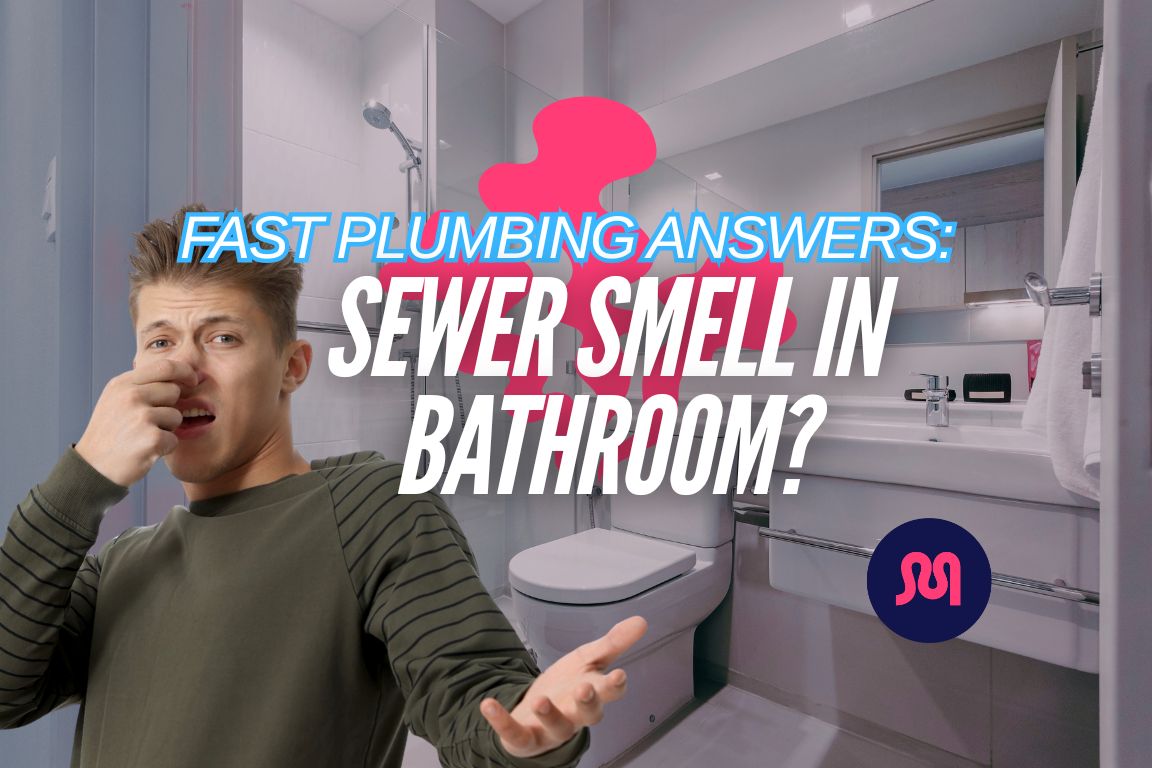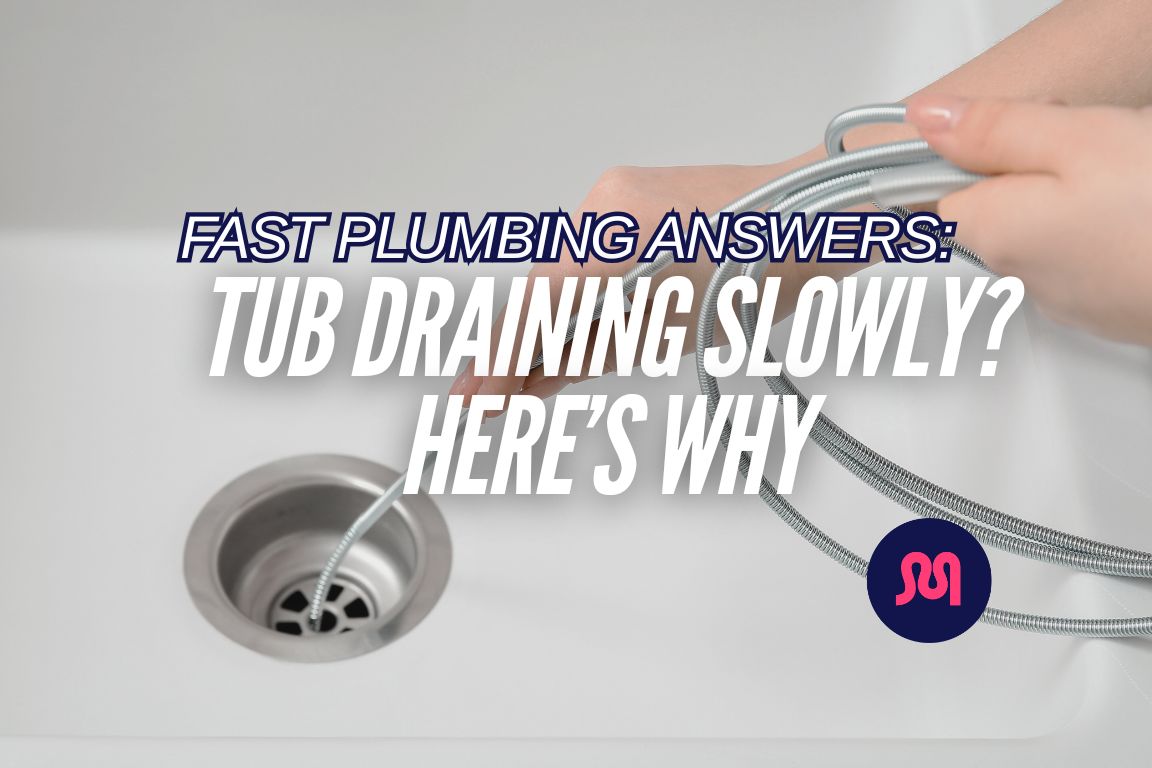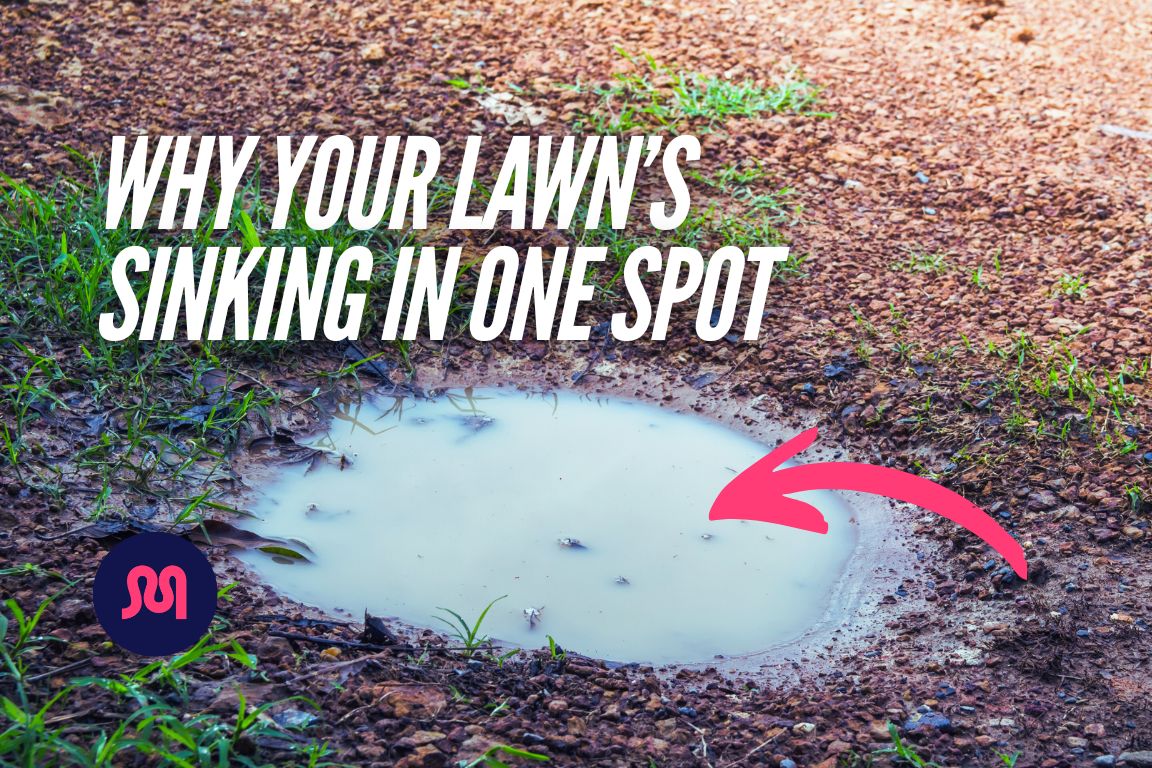How Chlorine Quietly Ruins Your Plumbing

table of contents
table of contents
Many cities add chlorine to their water systems to protect against bacteria and diseases in your drinking water. But while it’s helpful in drinking water, chlorine is bad for your pipes and plumbing system.
Chlorine corrodes metal pipes and degrades plastic pipes over time. It damages seals and gaskets in your faucets and valves. And chlorine causes cracks in plastic fittings — a sneaky reason your toilet is leaking at the base.
The best way to solve chlorine problems in your plumbing is to install a whole home water filter. A quality filtration system not only removes chlorine from your tap water — it removes the bacteria and diseases the chlorine was added to protect.
Mother Modern Plumbing helps Dallas-Fort Worth residents solve chlorine damage at every stage. We install whole home water filtration and conditioning systems from trusted brands like WaterTech.
{{whole-home-water-filtration="/services/whole-home-water-filtration"}}
Already have pipe damage from chlorinated water? Our DFW trenchless pipe repairs are simple, fast and affordably priced.
{{trenchless-pipe-repair-dfw="/services/trenchless-pipe-repair-dfw"}}
Why Do Cities Add Chlorine to Water?
Cities add chlorine to the public water supply with your safety in mind. Chlorinated drinking water protects humans and pets from microorganisms like bacteria, viruses and diseases.
Chlorine was introduced to tap water to prevent the spread of illnesses like dysentery, typhoid and cholera. Over time, its use has evolved to protect us from many harmful viruses and bacteria, including:
- E. coli
- Salmonella
- Shigella
- Campylobacter
- Hepatitis A
- Norovirus
- Rotavirus
- Polio
The experts at WaterTech put it best: “Chlorine kills things that can kill you.”
Can I safely remove chlorine from water?
It’s completely safe to remove chlorine from your tap water using a lab certified whole home water filtration system. By this point, the water is out of the city water supply and away from harmful bacteria and viruses.
Advanced water filtration products from Watertech and other trusted brands understand that unchlorinated water still needs to be treated to prevent viruses and bacteria.
Products like WaterTech Infinity Protector offer enhanced contaminant removal. Besides removing hard minerals and heavy metals from your drinking water, these filtration and water conditioning systems remove 5 other harmful contaminants:
- Volatile organic compounds (VOCs)
- Chlorine and chloramines
- Pesticides
- Disinfectants
- Pharmaceuticals
High-grade products also remove giardia, cysts, bacteria and viruses from your home’s water supply.
{{best-water-softener-brands="/blogs/best-water-softener-brands"}}
3 Ways Chlorine Damages Home Plumbing Systems

Chlorine damages 3 key components of your home’s plumbing system:
- Damaged seals and gaskets
- Damaged pipes (metal pipe corrosion, plastic pipe degradation)
- Cracked plastic fittings and emergency shutoff leaks
“The irony is that chlorine makes your drinking water healthier, but your plumbing less healthy,” says Steven Smith, our Responsible Master Plumber.
Let’s explore how chlorinated water affects each of these parts of your plumbing.
Chlorine damages plumbing seals and gaskets
Rubber seals and gaskets are highly susceptible to chlorine damage. Chlorine causes rubber to dry out, crack and degrade.
That means leaks and cracks in the worst possible places — like around the edges of your tub and the base of your toilet. The irony here is that while chlorine keeps bacteria out of your water, it may cause toilet leaks that place bacteria back in your living spaces.
{{toilet-leaking-at-base="/blogs/toilet-leaking-at-base"}}
Is chlorine bad for pipes? Yes!
Chlorine is as bad for pipes as it is good for your drinking water. It does equal damage to metal pipes and plastic/PVC pipes, and continues wearing away at your pipe lining over time.
The Kyoto Institute of Technology reports that chlorine causes “accelerated degradation” in plastic pipes. They also state that residual chlorine damages plastic pipes.
Old copper and galvanized steel pipes suffer greatly when exposed to chlorine. This is especially dangerous in cities like Dallas-Fort Worth, where galvanized steel pipes can retain lead deposits.
Got PEX pipes? Be diligent about chlorine levels in your water. They become brittle faster than other plastic-based pipes.
{{dallas-water-utilities-lead-pipe-advisory="/blogs/dallas-water-utilities-lead-pipe-advisory"}}
Why chlorine cracks plastic fittings
Chlorine exposure causes plastic to break down in a process called oxidative degradation. That’s a fancy way of saying that chlorine breaks down the chemical bonds in plastic materials.
The longer that plastic is exposed to chlorine, the more brittle its bonds become. Over time, plastic plumbing components crack and break as chlorinated water travels through them.
How to Repair Pipes Damaged by Chlorine
Has chlorinated water already damaged your main water line or sewer line? Metal pipe corrosion and plastic pipe degradation are tough problems for underground pipe systems — chlorine persists in your pipes, and the issue only worsens over time.
Trenchless pipe repair is the fastest, most affordable underground pipe solution for homeowners. The average trenchless repair is completed in one day and requires 1-2 digging small holes.
This approach saves homeowners an average of 14 hours of plumbing labor costs and thousands of dollars in excavation and landscape repair fees.
Are you concerned about chlorine damage in your pipes? We’ll conduct a dig-free underground leak detection test with acoustic, camera and infrared thermal technology.
{{trenchless-pipe-repair-dfw="/services/trenchless-pipe-repair-dfw"}}
Whole House Water Filter Installation Removes Chlorine

The health benefits of chlorinated water are important. However, a high-grade whole house water filtration system removes chlorine from water and protects your drinking water from viruses, bacteria, cysts and diseases.
So why do cities still add chlorine to water? It’s an effective, but somewhat outdated method of protecting residents — and it’s simply not cost-effective to add water conditioning and reverse osmosis filters to city water system infrastructure.
Water filtration systems offer affordable clean water solutions
It is affordable to install a water filtration system in your home, though! The average homeowner saves $1,550 per year in household costs by reducing hard water and bacteria.
The average payback period for a whole house water filter is about 16-18 months.
Install a Whole House Water Filter in Dallas-Fort Worth
Is chlorine bad for pipes? Yes. Does it damage gaskets, fittings and seals? Yes.
Can you get the same health benefits without chlorinated water by installing a whole house water filter in Dallas-Fort Worth? Absolutely.
Mother Modern Plumbing is trained and licensed to install whole home water filtration systems certified to eliminate bacteria, viruses, chlorine, pesticides and VOCs from your tap water.
We offer a complimentary in-home water test, plus a full product demonstration after we install your water filter. Then, we back it all up with a ‘bumper to bumper’ 6 year warranty — the very best warranty offer in DFW.
{{whole-home-water-filtration="/services/whole-home-water-filtration"}}
-(28).webp)



